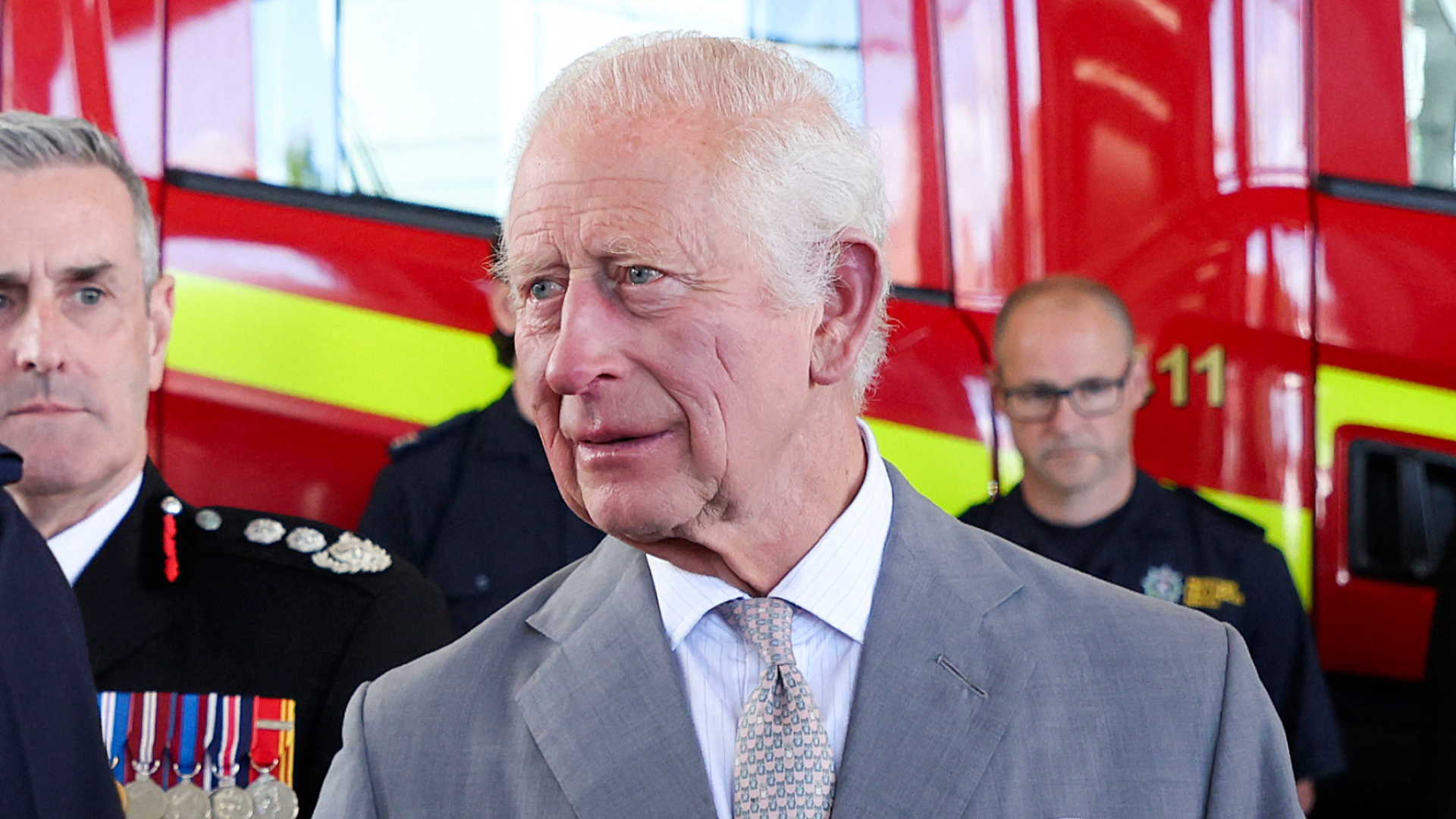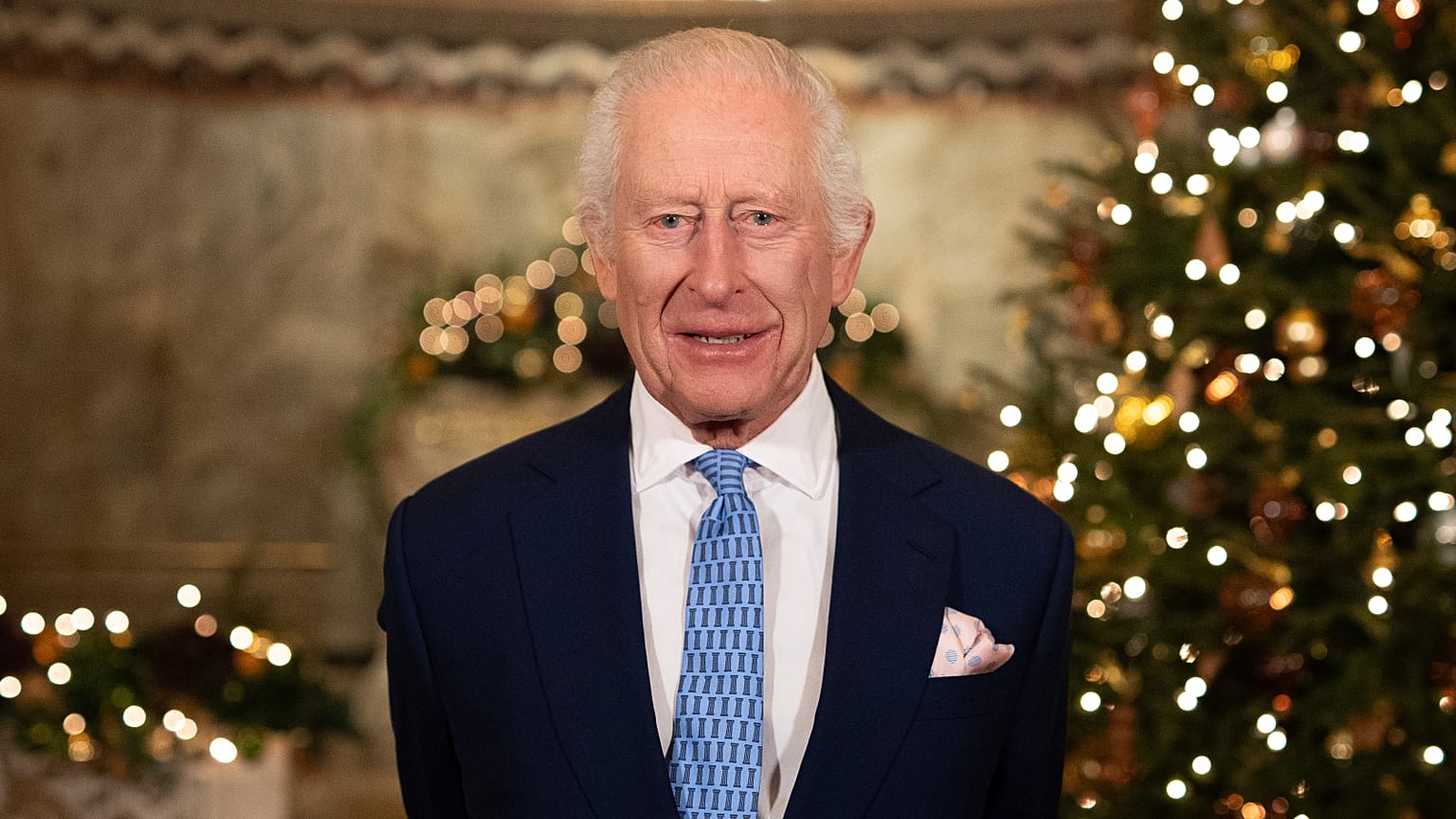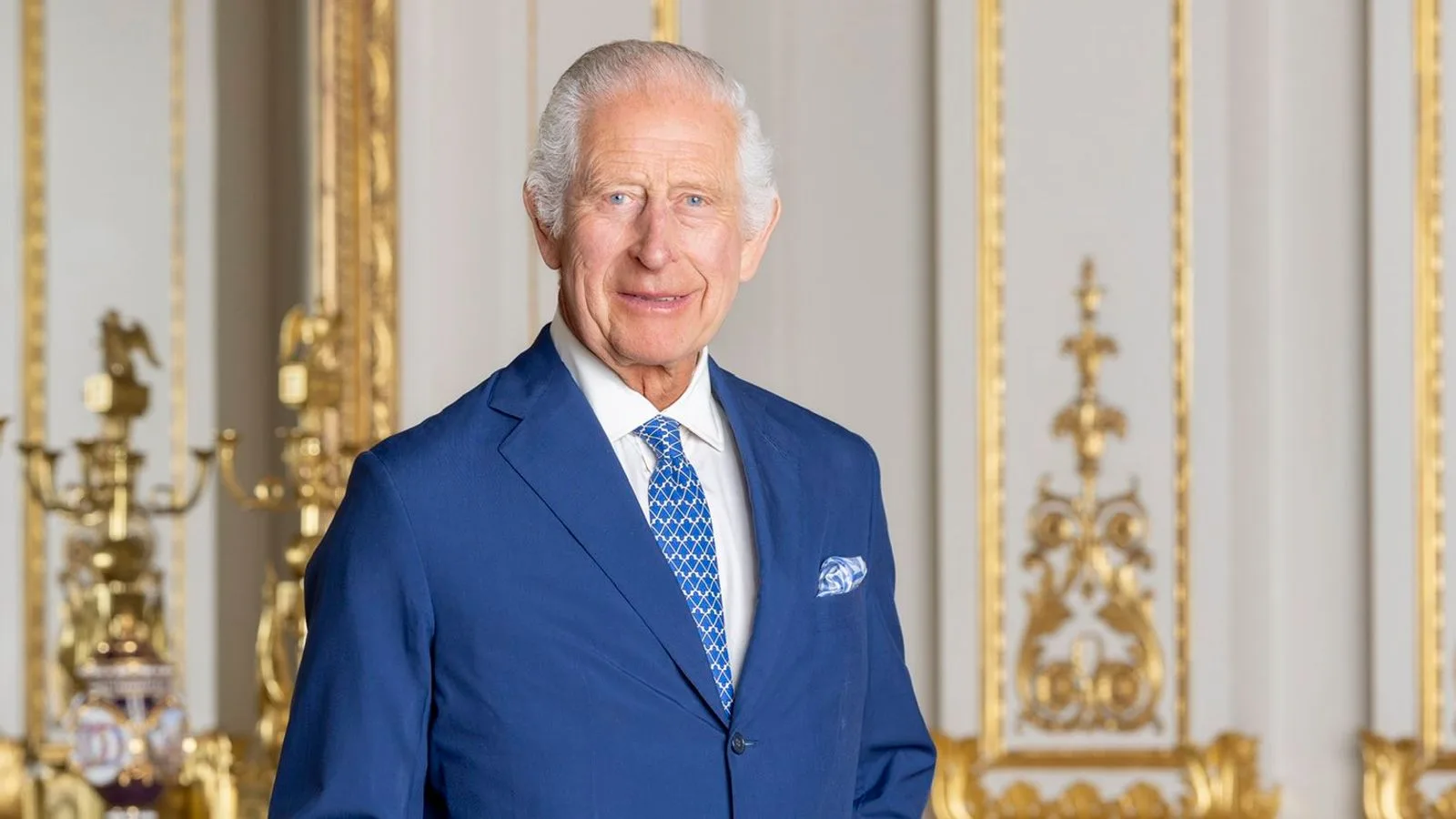The health of King Charles III has been one of the most talked-about topics in recent times, especially after he ascended the throne in 2022 following the passing of Queen Elizabeth II. As the world’s attention focuses on the British monarchy, any news about King Charles’s health naturally becomes a matter of public interest and speculation.
In this detailed article, we’ll explore the history of King Charles’s health, his current medical updates, the official statements from Buckingham Palace, his lifestyle habits, and the media’s reaction to his condition. We’ll also discuss how he maintains his mental and physical well-being at the age of 76, and what experts say about royal health in general.
King Charles III’s Health Overview
King Charles III, born Charles Philip Arthur George on November 14, 1948, became the King of the United Kingdom and 14 other Commonwealth realms after his mother, Queen Elizabeth II, passed away in 2022. Throughout his life, King Charles has generally been considered to have good health, though he has experienced a few medical issues and age-related concerns over the decades.
However, in early 2024, Buckingham Palace confirmed that King Charles was diagnosed with cancer, following a routine procedure for an enlarged prostate. While the specific type of cancer was not publicly disclosed, it was emphasized that it was not prostate cancer.
This announcement sparked both concern and admiration worldwide — concern for his well-being and admiration for his transparency and commitment to continue performing royal duties as much as possible.
King Charles’s Cancer Diagnosis: What We Know
In February 2024, Buckingham Palace released an official statement confirming that King Charles had been diagnosed with “a form of cancer.” The statement read:
“During the King’s recent hospital procedure for benign prostate enlargement, a separate issue of concern was noted. Subsequent diagnostic tests have identified a form of cancer.”
The Palace did not disclose the exact type or stage of the cancer, citing the King’s privacy, but confirmed that he had begun a schedule of regular treatments and would temporarily step back from public-facing duties.
Despite his diagnosis, the King continued to perform certain official functions, including regular meetings with the Prime Minister and overseeing state matters from his royal residence.
Timeline of King Charles’s Health Events
Here’s a brief timeline of the major health events and updates concerning King Charles III:
| Year | Health Event | Details |
|---|---|---|
| 2008 | Hernia surgery | King Charles underwent a minor hernia operation, recovering quickly. |
| 2011 | Minor hand injury | Sustained during a polo match; fully recovered. |
| 2021 | COVID-19 infection | Tested positive but had mild symptoms and isolated at home. |
| 2022 | Swelling in hands | Photos went viral showing “sausage fingers,” but it was likely temporary fluid retention. |
| 2024 | Cancer diagnosis | Diagnosed after treatment for an enlarged prostate. |
| 2025 | Continuing treatment | Reports indicate steady progress and ongoing therapy. |
King Charles’s Lifestyle and Health Habits
King Charles is known for his disciplined and nature-oriented lifestyle. He has long been an advocate for organic farming, sustainable food, and holistic health.
Here are some of his regular habits that have contributed to his overall well-being:
-
Organic Diet: King Charles has championed organic agriculture since the 1980s. He reportedly avoids processed foods and prefers organic fruits, vegetables, and meats from his own estates.
-
Physical Fitness: Even in his 70s, the King enjoys long walks, gardening, and outdoor activities. He believes in staying active as part of healthy aging.
-
Stress Management: Meditation and reading are part of his daily routine. He often speaks about the importance of maintaining inner peace and mindfulness.
-
Limited Alcohol and Caffeine: The King is known to drink moderately and prefers herbal teas over strong caffeinated beverages.
-
Regular Medical Checkups: As part of the royal protocol, the King undergoes regular health assessments and follows medical advice strictly.
Buckingham Palace’s Role in Health Announcements
The royal family typically maintains a strict balance between privacy and public duty. Buckingham Palace’s policy is to share only essential health information that affects royal duties.
When the King’s cancer diagnosis was announced, the Palace stated that Charles wanted to personally share his condition to prevent speculation and encourage others to undergo health screenings. His openness was widely praised by cancer awareness organizations across the UK.
Public Reaction and Media Coverage
The announcement of King Charles’s cancer diagnosis sent shockwaves around the world. Social media platforms were filled with messages of concern and support from fans, political leaders, and celebrities.
Prime Minister Rishi Sunak and other world leaders expressed their good wishes for a full recovery. Prince William and Queen Camilla have been seen taking on more official responsibilities to support the King’s reduced public workload.
The media has largely shown respect and restraint in covering his health updates, focusing on verified information released by official royal channels.
King Charles’s Own Words on Health and Aging
King Charles has often spoken about the importance of natural living, balance, and purpose. In an older interview, he mentioned:
“I have always believed that health is not only about what you eat or how much you exercise, but also about what you think, how you live, and the harmony you create within yourself and with nature.”
This philosophy reflects his lifelong interest in environmental sustainability and holistic wellness — values that now seem more relevant as he undergoes medical treatment.
Medical Experts’ Perspective
Medical experts commenting on King Charles’s diagnosis have noted that early detection and timely treatment can make a significant difference in outcomes, especially for cancers caught incidentally during other medical procedures.
While no specific details are known, experts emphasize that at his age, maintaining a positive mindset, balanced nutrition, and physical activity greatly aid recovery.
The Role of Queen Camilla During His Illness
Throughout his treatment, Queen Camilla has been a steadfast supporter. She continues to attend royal events and provide updates about the King’s condition during public appearances.
In one event, she shared:
“He is doing extremely well and very touched by all the kind messages he has received.”
This compassionate communication has helped maintain transparency and calm among royal supporters.
How the Royal Family Handles Health Transitions
The British monarchy has long maintained a stable transition plan to ensure smooth operations during health-related absences of the sovereign.
-
Prince William, as the Prince of Wales, has been taking on more ceremonial duties.
-
The Royal Household works in coordination with government officials to ensure continuity.
-
Public appearances are adjusted based on medical guidance.
This approach demonstrates the resilience and preparedness of the royal institution even during sensitive periods.
King Charles’s Message Inspiring Health Awareness
By openly discussing his medical diagnosis, King Charles III has become a symbol of strength and transparency. His public acknowledgment of cancer inspired many men to seek early medical screenings, particularly prostate and related cancers.
Health organizations such as Cancer Research UK and Macmillan Cancer Support publicly thanked him for raising awareness and reducing the stigma around discussing men’s health issues.
The Future of King Charles’s Health and Duties
As of 2025, royal sources indicate that King Charles is responding positively to treatment. He continues to handle state matters and private meetings, while larger events are being handled by other senior royals.
His ability to balance treatment with royal responsibility shows his dedication to service even in difficult circumstances.

Key Takeaways
-
King Charles III was diagnosed with a form of cancer in 2024 after prostate treatment.
-
He remains under regular care and continues to fulfill essential royal duties.
-
Buckingham Palace shares updates cautiously but transparently.
-
His commitment to organic living and mindful habits has supported his health for decades.
-
The global response to his openness has encouraged greater awareness of men’s health issues.
Frequently Asked Questions (FAQs)
1. What kind of cancer does King Charles have?
The Palace confirmed a form of cancer, but did not specify the exact type. It is not prostate cancer, despite his earlier prostate procedure.
2. How old is King Charles now?
As of 2025, King Charles III is 76 years old (born November 14, 1948).
3. How is King Charles doing after his diagnosis?
According to official updates, King Charles is responding well to treatment and maintaining a positive outlook.
4. Who takes over if King Charles cannot perform his duties?
If needed, Prince William serves as Counsellor of State, handling royal duties temporarily.
5. What has Queen Camilla said about his health?
Queen Camilla has stated publicly that the King is “doing well” and deeply appreciates public support.
6. Has King Charles changed his diet since his diagnosis?
He has always followed an organic and balanced diet, which continues as part of his wellness routine.
7. Does King Charles still meet the Prime Minister?
Yes, he continues weekly meetings with the Prime Minister and handles essential constitutional responsibilities.
8. How has the public reacted?
The public and media have shown great sympathy and respect, sending thousands of messages and cards of support.
9. What is Buckingham Palace’s latest update?
Recent reports in 2025 suggest that his treatment is progressing positively, with no complications announced.
10. What can people learn from King Charles’s health journey?
His openness emphasizes the importance of early diagnosis, balanced living, and emotional resilience.

Conclusion
King Charles III’s health journey reminds us that even those in positions of great power are not immune to life’s challenges. His courage, optimism, and sense of duty during his illness have inspired millions across the world.
By sharing his experience, King Charles has not only raised awareness about men’s health but also set an example of grace, discipline, and resilience. As he continues his treatment and royal service, the hope for his complete recovery remains strong — both among his family and admirers around the globe.







